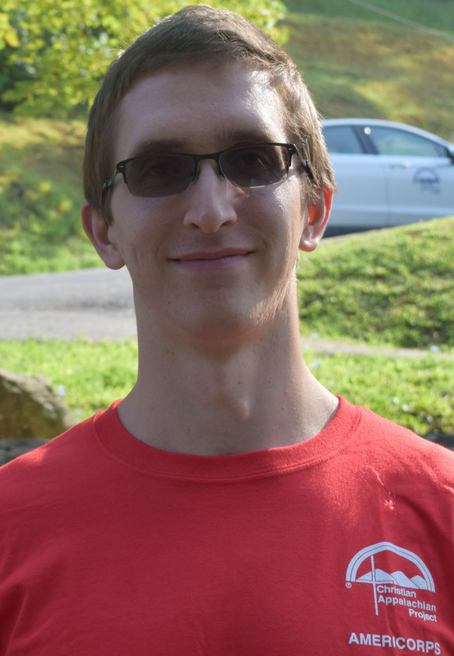“I kept asking God what I should do with my life, and God kept answering: ‘I dunno Greg, what do you want to do?’” -Greg Wagner, CAP Alum 
As a kid raised in a more conservative corner of Massachusetts, stories of missionaries giving their lives for Christ always captured my imagination. When I grew up, I expected God to tell me exactly how I was to offer my life for Christ, and I expected total clarity and certainty—the virtual elimination of all other possibilities—with regard to that direction.
However, as I learned more about the multiplicity of interpretations of God’s will, such clarity of purpose fell further and further out of my reach, and my faith in a cosmic order-giver was shaken. Ultimately, my faith in a God of simple solutions was dashed on the rocks of reality, and I began to search elsewhere for the security of certainty previously promised.
Upon finishing college as an atheist, I could not in good conscience fulfill my childhood dream of becoming a missionary—the closest I could get was traveling the country, “Getting things done for America” in a couple years of service. I kept seeking truth, and eventually—by grace—was led back to a God who demanded not merely self-sacrifice in the name of simple certainty, but rather also self-acceptance and self-expression in the service of love.
Having eventually returned to the Christian faith, I found in CAP a second chance at trying to live in a Christ-like manner with others concerned for the common good. I may not be living the life of a missionary, as I once dreamed of. I’m not sharing the Gospel with a secluded society, risking my life to spread a provable truth. On the contrary, I’m now living in the Bible Belt of my own country, and my core values are defined by risks of faith rather than demonstrable proofs. Nevertheless, there’s no place I would rather be, and no one I would rather be serving with. The people I meet and serve daily with at the food pantry help me find my place within the body of Christ, not merely as a passive follower of higher orders, but as an active and creative disciple of Christ’s love.
In some ways, my demands for simple certainty from God were a form of rebellion—rebellion, that is, against the loving God who would want me to develop into a mature, unique, free and (therefore) responsible human. As I begin to see God as the Source of all creative freedom—rather than merely an administrator who simplifies life by narrowing down its manifold possibilities—I often think of Orual’s words at the end of C.S. Lewis’ last (1956) novel, Till We Have Faces: “I saw well why the gods do not speak to us openly, nor let us answer. Till that word can be dug out of us, why should they hear the babble we think we mean? How can they meet us face to face till we have faces?”







